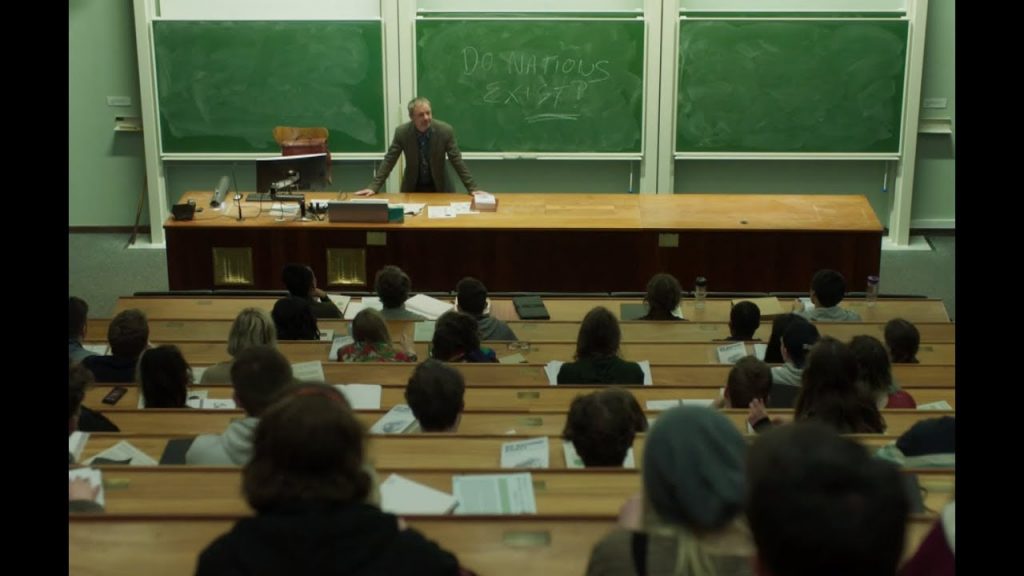More College Students Feel Free Speech Prohibited On Campus
63.5% of students feel college free speech is restricted on their school's campus.

Free speech in higher education has become a sensitive topic. With many universities choosing to support, and even impress, biased political and sociological beliefs on campus and in class, students are feeling less able to express their opinions. This has only worsened during the pandemic as campus restrictions were set in place and led to further mistrust of information and opposing viewpoints. Because of all this, more students feel college free speech is becoming a growing issue.
According to a 2021 Heterodox Academy survey 63.5% of college students believe free speech on campus is prevented due to the school’s political and social climate. This is up from 54.7% which was reported in 2019. A political divide was also noted in 2019 which revealed that republican students were much more afraid to speak about their beliefs in class than democrats or independents. This news reveals much about the state of college culture and free speech.
For years colleges have displayed free speech difficulties as prominent conservative figures have been protested, threatened, and those who support them have been attacked. Students themselves have been the victims of violence, and in some cases college staff not only allowed the attacks to continue but even cheered them on. Before the pandemic, college free speech rights were not equally protected for students of all backgrounds and beliefs. Media outlets, universities, and plenty of students deemed any conservative who believed in coming together to support free speech as “right-wing activists” or “alt-right.” Even “fact-checkers” this year have determined to try and discredit conservative student organizations as “white nationalists,” no matter how many minority conservatives support their movements.
Given this information, it’s no wonder that college enrollment is down. Conservatives are seeking alternative means of education as colleges refuse to protect free speech rights and diversity of thought. Last year North Carolina House Representative Madison Cawthorn called college a “scam,” and urged conservative students to leave universities. Before that, The American Conservative ran an article that urged students to avoid college and seek out trade programs. It is no secret that many universities view free speech differently based on who is speaking and what their political beliefs are.
Until colleges offer true free speech support to everyone enrolled in their degree programs, students are unlikely to improve their view of higher education and its varying treatments of student opinions. No college has actually outlawed speech, but even professors have been reprimanded for not altering their speech to accommodate others. In addition, public schools are seeking legal action against students who do not adhere to others’ preferred speech, and so young adults in college have been put through a system which infers that dissent is not allowed, even if it is not fully banned.

Young adults are now accustomed to self-censoring to avoid conflict and persecution. This is especially true of students attending colleges post-pandemic as free speech has now been vilified as a way to spread “misinformation,” and “disinformation.” This has been felt on a national scale after The Biden Administration briefly formed a Governance Disinformation Board. Although its brief organization was short-lived, students have witnessed many attacks on free speech rights and those who support them. It is these events which have led to high levels of fear of expression, especially regarding speech.



